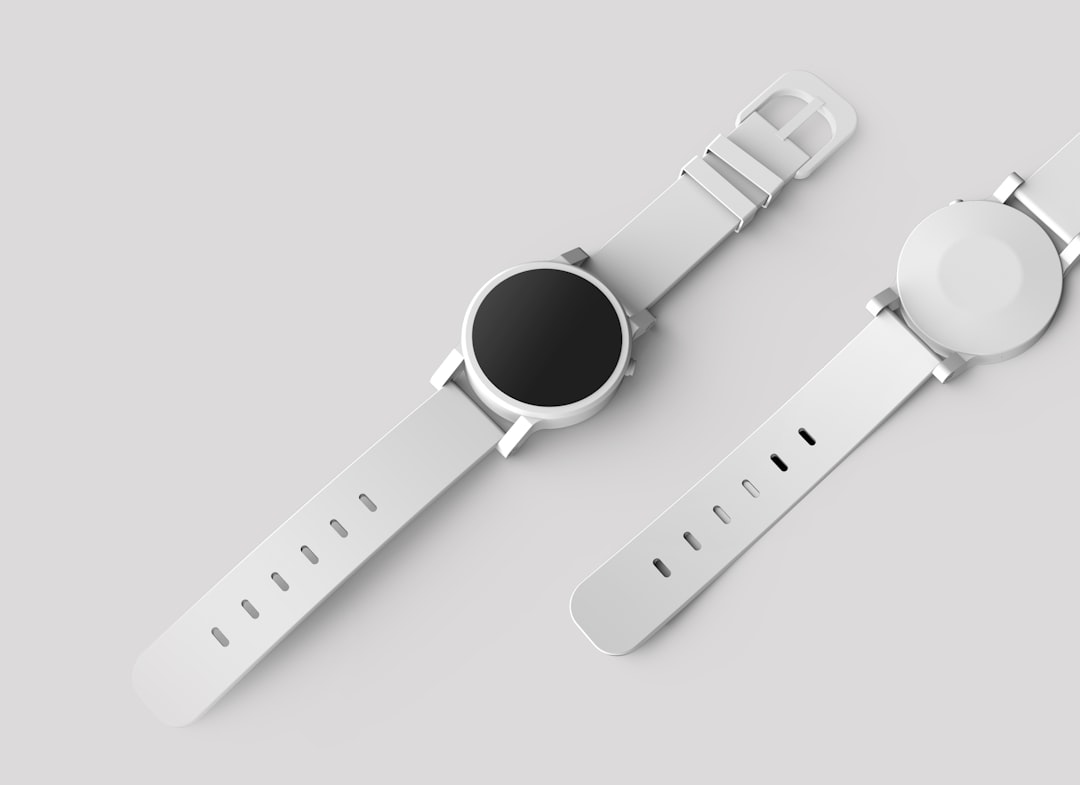AI-driven quality control systems are revolutionizing manufacturing by significantly improving product quality and reducing waste. Here's how these systems achieve these goals:
Improving Product Quality
-
Enhanced Accuracy and Speed: AI systems use advanced algorithms and machine learning to analyze vast amounts of data, including visual information, allowing them to detect even the smallest defects or anomalies that human inspectors might miss. This results in a higher accuracy rate compared to traditional manual inspections
-
Real-Time Monitoring: AI-powered quality control systems continuously monitor production processes in real-time, enabling immediate intervention when defects are detected. This proactive approach prevents faulty products from advancing down the production line, ensuring consistent quality standards
-
Predictive Maintenance: AI can predict equipment failures by evaluating historical and current data, preventing unplanned downtime and ensuring that production runs smoothly without interruptions. This reduces the likelihood of producing defective products due to equipment malfunctions
Reducing Waste
-
Early Defect Detection: By identifying defects early in the production process, AI systems reduce the number of defective products that reach the final stage. This minimizes the need for costly rework or scrapping entire batches, significantly reducing material waste
-
Optimized Resource Utilization: AI optimizes raw material usage by ensuring only high-quality inputs are used in production. This not only reduces waste but also minimizes environmental impact by conserving resources
-
Predictive Maintenance and Process Optimization: AI agents predict equipment failures and optimize production processes, reducing downtime and waste associated with production halts. Additionally, AI can simulate different production scenarios to recommend the most efficient models, further reducing waste
Real-World Applications
-
Siemens: Uses AI-powered computer vision for accurate product inspections, significantly reducing faulty goods released into the market
-
Pfizer: Employs AI to improve drug packaging quality by automating label checks, ensuring accuracy and efficiency
-
Nissan and Tesla: Implement AI-driven visual inspection systems to detect minute defects, enhancing product consistency and reducing recalls
By integrating AI into quality control processes, manufacturers can achieve higher product quality, reduce waste, and maintain competitive advantages in the market.










0 Comments